2023-06-29
Radiotherapy is the use of one or more ionizing radiation for the treatment of malignant tumors and some benign diseases, about 70% of cancer patients need radiotherapy in the process of cancer treatment, and about 40% of cancers can be cured with radiotherapy. The role and status of radiotherapy in the treatment of tumors are becoming increasingly prominent. However, in clinical practice, we often encounter such a contradictory situation, when the white blood cell count of a patient receiving radiotherapy is lower than the normal value, should radiotherapy be continued? Or are white blood cells elevated after pausing radiotherapy? How to grasp this scale? The response you get is often, "Radiation therapy should be suspended as long as there is more than grade II myelosuppression!" Or "If the hematopoietic bone marrow is not irradiated, you can observe it first!" "Such ambiguous responses often hinder treatment and pose a danger to patients.

[Leukopenia caused by radiotherapy]
From the perspective of radiobiology, during radiotherapy, the tumor shrinks, but the division and proliferation of tumor cells are accelerated. If radiotherapy is hastily stopped, the cancer patient needs to receive a larger dose in order to achieve the same biological effect. Therefore, it is obviously not wise to stop radiotherapy just because the white blood cells are low.
The hematopoietic system is highly sensitive to radiation, and some patients may experience a decrease in peripheral blood cell levels during radiotherapy. It occurs because the division and reproduction of various hematopoietic cells in the bone marrow during radiation therapy is inhibited (i.e., myelosuppressed), resulting in a decrease in the release of mature cells into the surrounding blood, including white blood cells, red blood cells, and platelets. Radiation is equally sensitive to the precursor cells that produce all three types of cells, but because red blood cells take a long time to produce, anemia appears late, and white blood cells and platelets have a short lifespan, so peripheral blood counts fall quickly.

[How to deal with leukopenia caused by radiotherapy]
When patients receive radiotherapy, especially when irradiating a large area of flat bones, bone marrow, spleen, and large areas of radiotherapy, such as whole lung radiotherapy, whole pelvic radiotherapy, and whole abdominal radiotherapy, the hematopoietic system is affected, resulting in a decrease in whole blood cells, such as white blood cells and platelets. The decline of white blood cells and platelets to a certain extent will have an impact on the human body and have certain harms, such as patients feel fatigue, which can easily lead to serious infection and even sepsis, and have a tendency to bleed, leading to death due to visceral and intracranial hemorrhage. Therefore, when the white blood cells are less than 3 × 109/L and the platelets are less than 70 ×109/L, radiotherapy should be suspended, and symptomatic treatment with elevated blood cells should be carried out, and antitumor therapy can only be started after the blood cell level is restored.
Radiation therapy when the radiation field is small, such as pituitary tumors; or when the radiation field does not include the hematopoietic system, such as radiotherapy for the neck and soft tissues of the limbs, if the leukocytes are less than 3×109/L but greater than 2 ×109/L, and the platelets are less than 70 × 109/L but greater than 50 × 109/L, radiotherapy can still be continued, but the changes in blood cells should be closely monitored, and if there is a continuous downward trend, radiotherapy should be stopped immediately to strengthen the treatment of elevated blood cells.
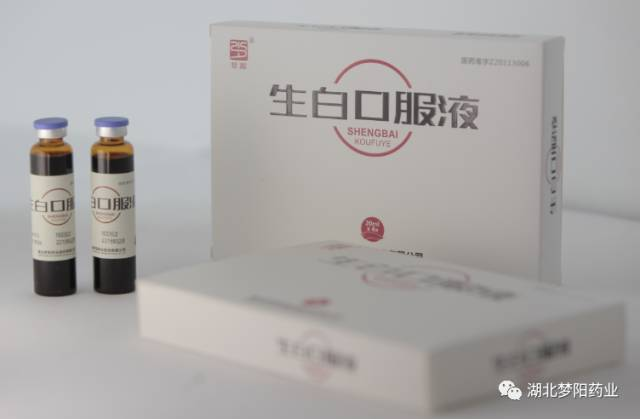
Shengbai oral liquid (mixture) is aimed at patients with leukopenia during chemotherapy and radiotherapy, and the effect of improving leukocytes is significant, ensuring the smooth progress of radiotherapy. Compared with G-CSF or GM-CSF, it has a wider range of applications (GSF can only be used when white blood cells are less than 2×109/L), fundamentally nourishes bone marrow, treats bone marrow suppression, and grows white blood cells, with significant efficacy, no toxic side effects, reusable, and no pain for patients. The drug is used three days before radiotherapy to prevent leukopenia, which can avoid the interruption of the treatment course and the occurrence of complications due to leukopenia.
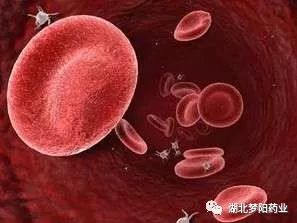

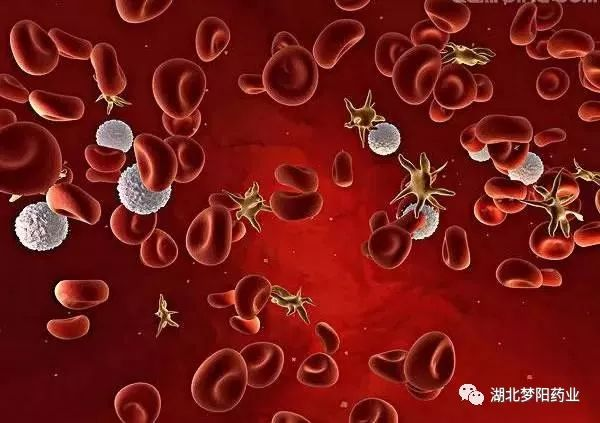
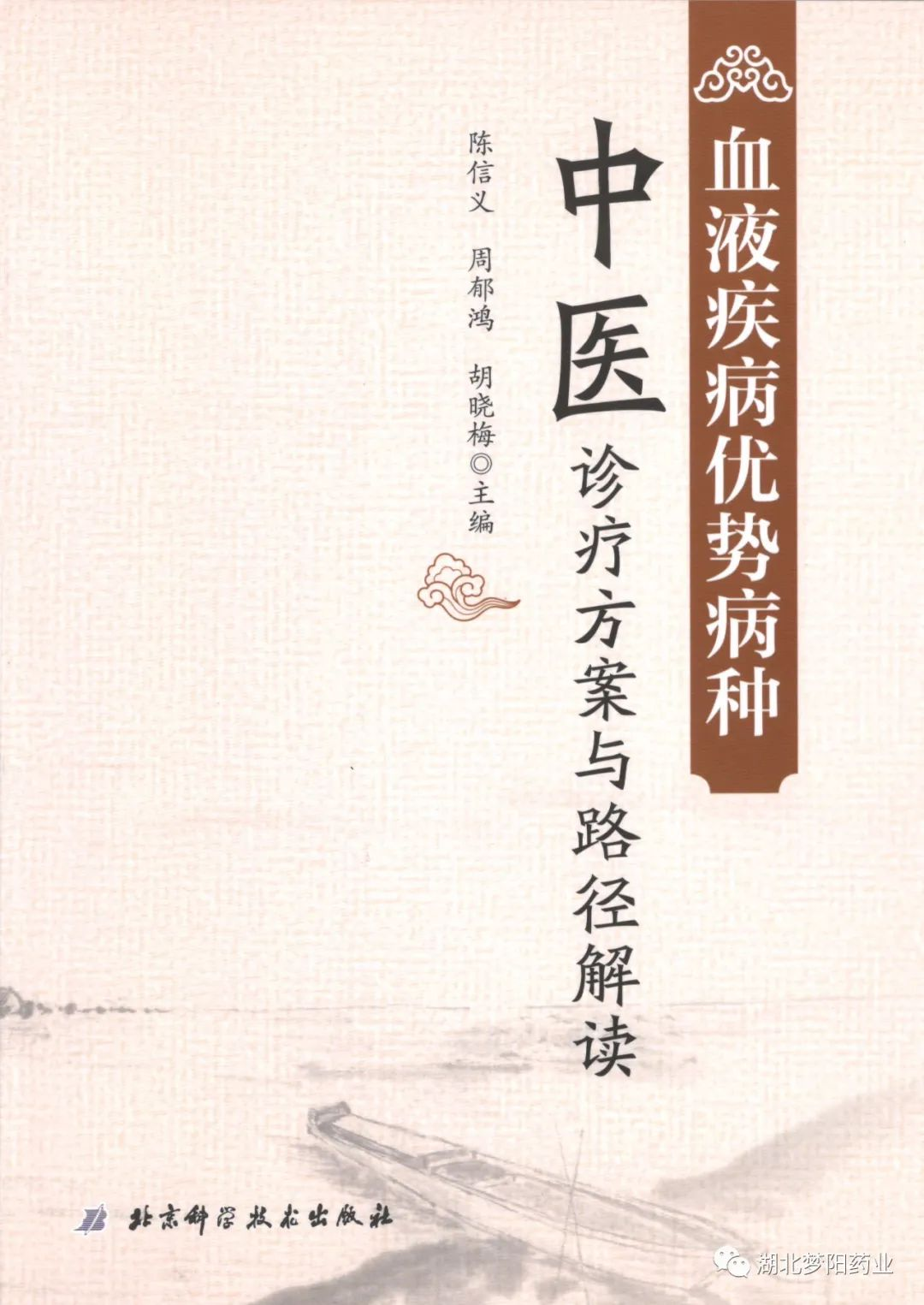

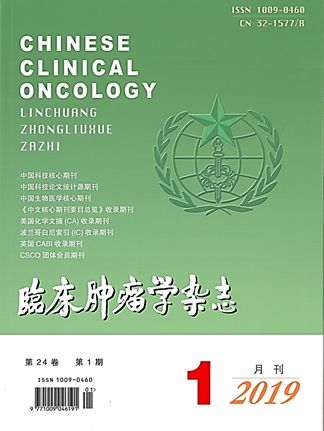
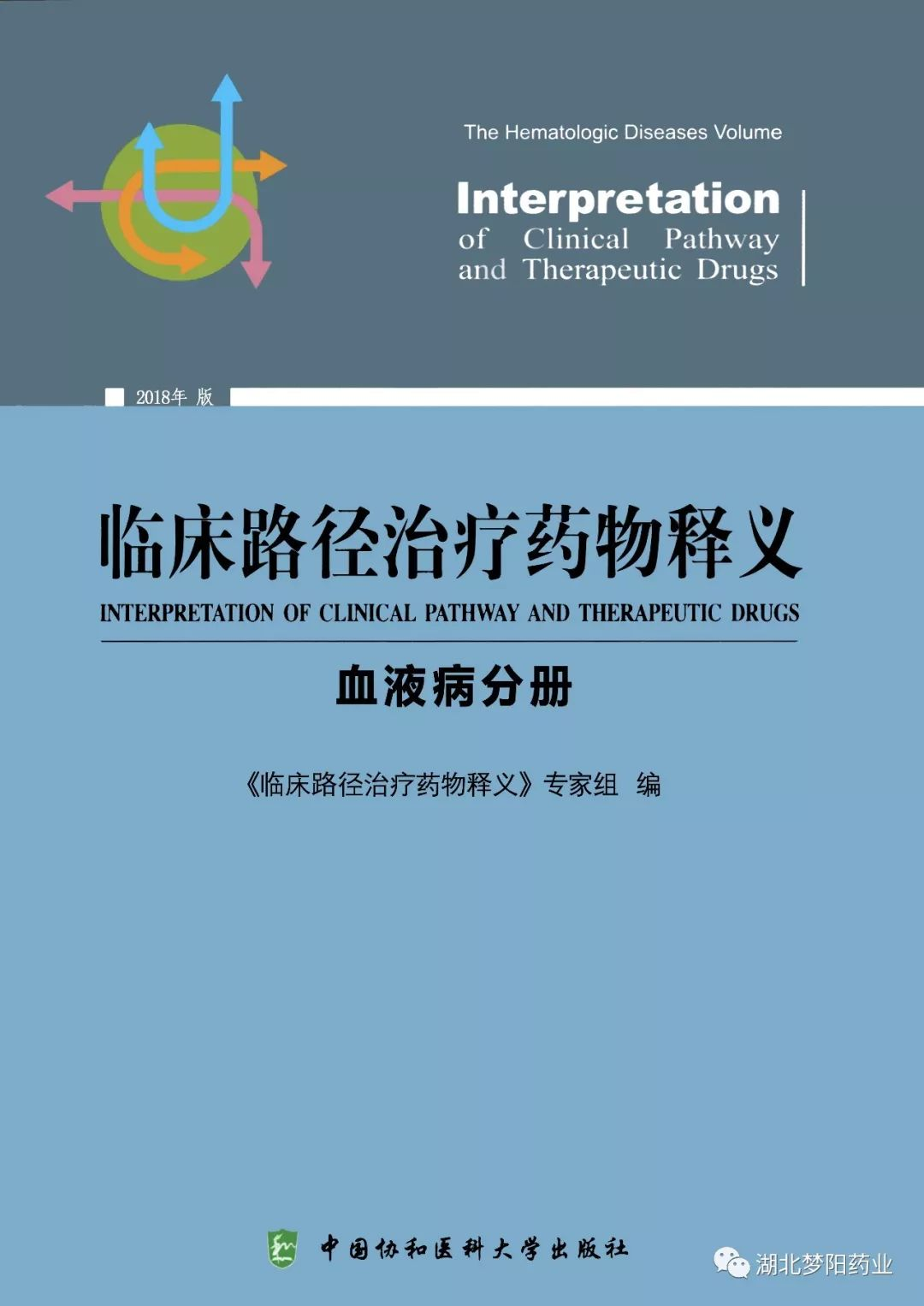
COPYRIGHT© 2022 Hubei Mengyang Pharmaceutical Co., LTD. All Rights Reserved E ICP 11014915; Internet Drug Information Service Certificate No. : (E) - Non-business -2016-0032
Technical Support: SUMA
